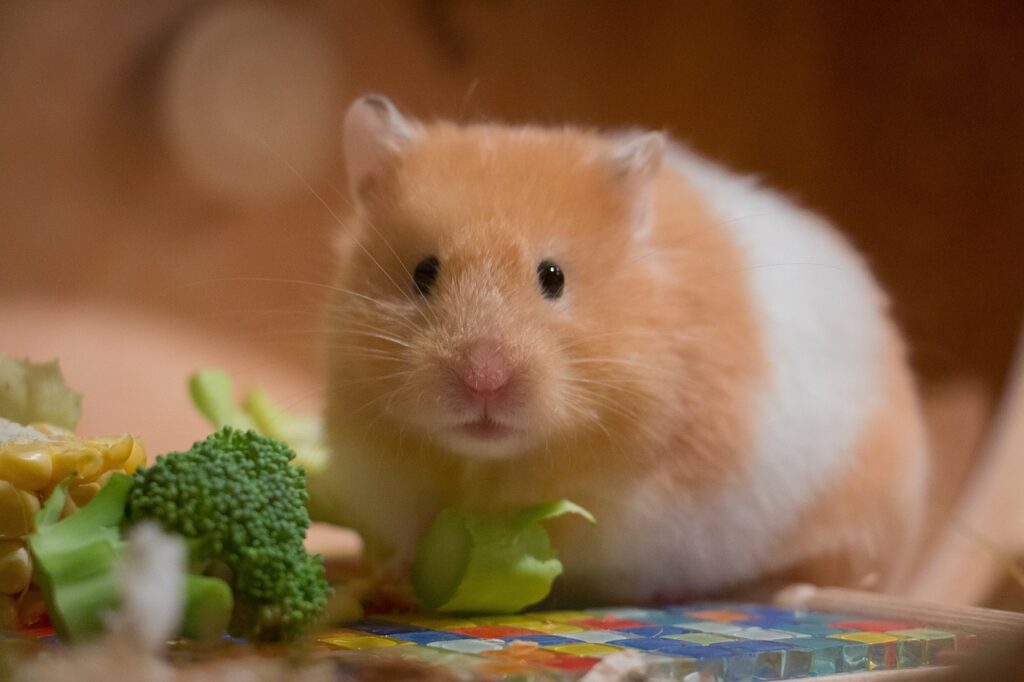Can Hamsters Eat Grass — A Comprehensive Guide for Pet Owners
Hamsters are adorable creatures that require a balanced and nutritious diet to thrive. As a responsible pet owner, it’s crucial to understand what foods are safe for your furry friend. One common question that arises is whether hamsters can eat grass. In this article, we will explore the suitability of grass as a food item for hamsters and provide you with all the necessary information to ensure your pet’s well-being.
The Benefits of Grass for Hamsters
Grass can offer several advantages and health boosts for hamsters when incorporated correctly into their diet. Firstly, grass is a rich source of fiber, aiding in maintaining a healthy digestive system. It helps prevent problems such as constipation and promotes regular bowel movements. Moreover, the chewing required for consuming grass helps wear down the hamster’s continuously growing teeth, preventing dental issues.
Furthermore, grass contains essential nutrients like vitamins A and C, enhancing the hamster’s overall immune system and promoting good health. It also provides enrichment and mental stimulation as hamsters love to forage, mimicking their natural habitat in the wild.
How Much Grass should Hamsters Eat?
Determining the recommended frequency and quantity of grass consumption for hamsters is essential. It is recommended to provide small amounts of fresh grass no more than two to three times a week. As grass constitutes a supplement to their regular diet, moderation is key. Serving a teaspoon-sized portion during each feeding session is adequate to avoid overfeeding and potential digestive issues.
Potential Cautions Regarding Grass Consumption
While grass can be safely consumed by hamsters, it is crucial to adopt certain precautions. Ensure that the grass is free from pesticides, herbicides, or any harmful chemicals that could pose a threat to your pet’s health. Additionally, avoid gathering grass from areas that are frequently visited by other animals or exposed to pollutants.
Another concern to consider is the possible presence of parasites or parasites’ eggs in the grass. It is advisable to wash and dry the grass thoroughly before offering it to your hamster. Doing so will help eliminate any potential risks and ensure a safe dining experience for your furry friend.
Can Other Pets Safely Enjoy Grass?
If you have other pets, such as rabbits or guinea pigs, it’s worth noting that they can also safely consume grass. However, for the sake of their individual dietary requirements, it is recommended to offer different portions separately. This ensures that each pet receives an appropriate amount of grass without any competition or risk of overconsumption.
Conclusion
In conclusion, grass can be a beneficial addition to a hamster’s diet when introduced properly. Its fiber content aids in digestion, while essential nutrients contribute to the pet’s overall well-being. Remember to offer fresh grass in moderation, ensuring it is free from harmful substances and parasites. By providing your hamster with this natural and enriching food item, you are promoting a balanced diet and a happy, healthy life for your beloved companion.






